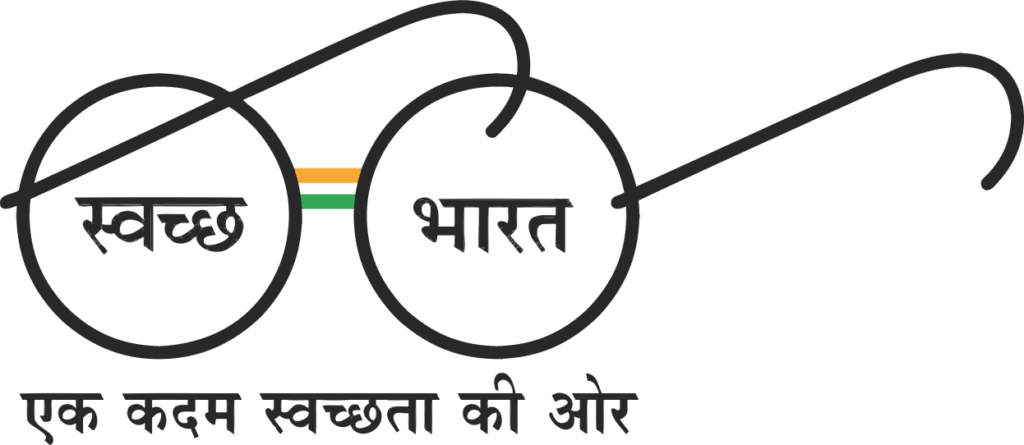What is Authoritarianism & Difference between Totalitarianism and Authoritarianism ?
Authoritarian regimes are typically led by a single individual or a small group of elites who hold all political power. Elections may be held, but they are often manipulated or rigged to maintain the status quo. Individuals who speak out against the government or engage in dissent are often punished, and the media is tightly controlled to prevent any criticism of the regime.
Under authoritarianism, there is little to no room for individual freedoms or civil liberties. The government may impose strict laws and regulations on everything from speech to religion to personal behavior. In an authoritarian system, the rights of the individual are often subverted to the interests of the state.
This can lead to widespread corruption and abuse of power, as those in charge are not held accountable to the people they govern. Authoritarianism often leads to a lack of economic growth and development, as the government prioritizes its interests over those of the people. In addition, authoritarian regimes often prioritize military spending over social programs and infrastructure, which can lead to a decline in living standards for the general population.
It is important to note that authoritarianism is not always obvious or overt. In some cases, authoritarian regimes may masquerade as democracies or use propaganda to maintain their power. However, the hallmarks of authoritarianism include a lack of political freedoms, a concentration of power in the hands of a small group of elites, and the suppression of dissent and opposition.
Difference between Totalitarianism and Authoritarianism:
Totalitarianism and authoritarianism are both forms of government that are characterized by strong centralized power and limited political freedoms for individuals. However, there are some key differences between these two forms of government.
Totalitarianism is a form of government that is even more extreme than authoritarianism. In a totalitarian system, the government has complete control over all aspects of life, including the economy, education, and even personal relationships.
Totalitarian regimes are often led by a single individual or a small group of elites who hold absolute power over society. In a totalitarian system, there is no room for dissent or opposition, and the government uses a variety of methods to maintain its control. This can include censorship, propaganda, surveillance, and even violence. The individual is completely subordinated to the interests of the state, and civil liberties and human rights are often non-existent.
Authoritarianism, on the other hand, is a form of government where the government has strong centralized power, but there may be some limited political freedoms for individuals. In an authoritarian system, the government often suppresses dissent and opposition through censorship, surveillance, and even violence. However, there may still be some level of civil liberties and human rights protections in place.
Elections may be held, but they are often manipulated or rigged to maintain the status quo. Authoritarian regimes are typically led by a single individual or a small group of elites who hold all political power. In an authoritarian system, the individual is still subordinated to the interests of the state, but there may be some limited space for individual freedoms or civil liberties. While authoritarian regimes may prioritize their interests over those of the people, there may still be some level of economic growth and development.
Conclusion – As we all know, Authoritarianism is a political system where the government has complete control over the lives of its citizens. The Common Services Center (CSC) initiative aims to provide digital services to rural citizens and help them avail government services. CSC registration is a simple and free process that allows users to become a Village Level Entrepreneur (VLE) and work on the Digital Seva Portal.
The CSC Seva Portal offers a range of services, including banking, recharge, bill payments, registration and tax filing, travel, and other government services. In conclusion, the CSC initiative has the potential to reduce the impact of authoritarianism by apply for CSC, citizens with access to digital services that can help them lead a better life.


